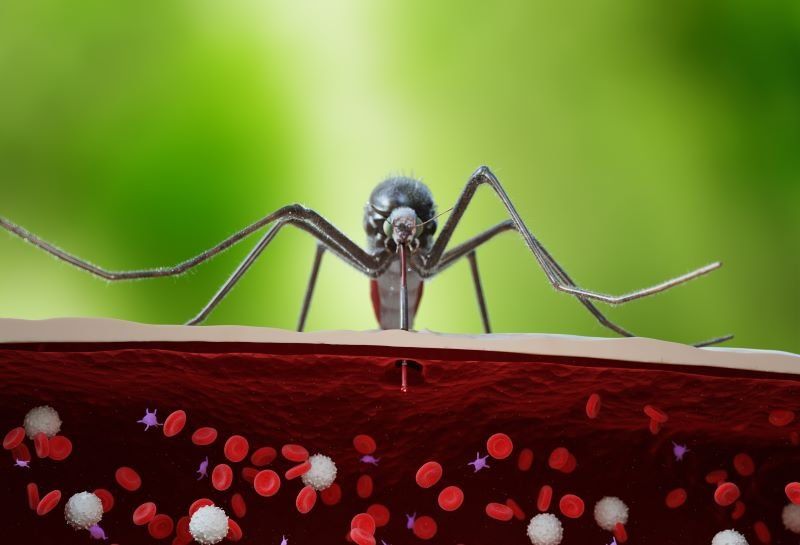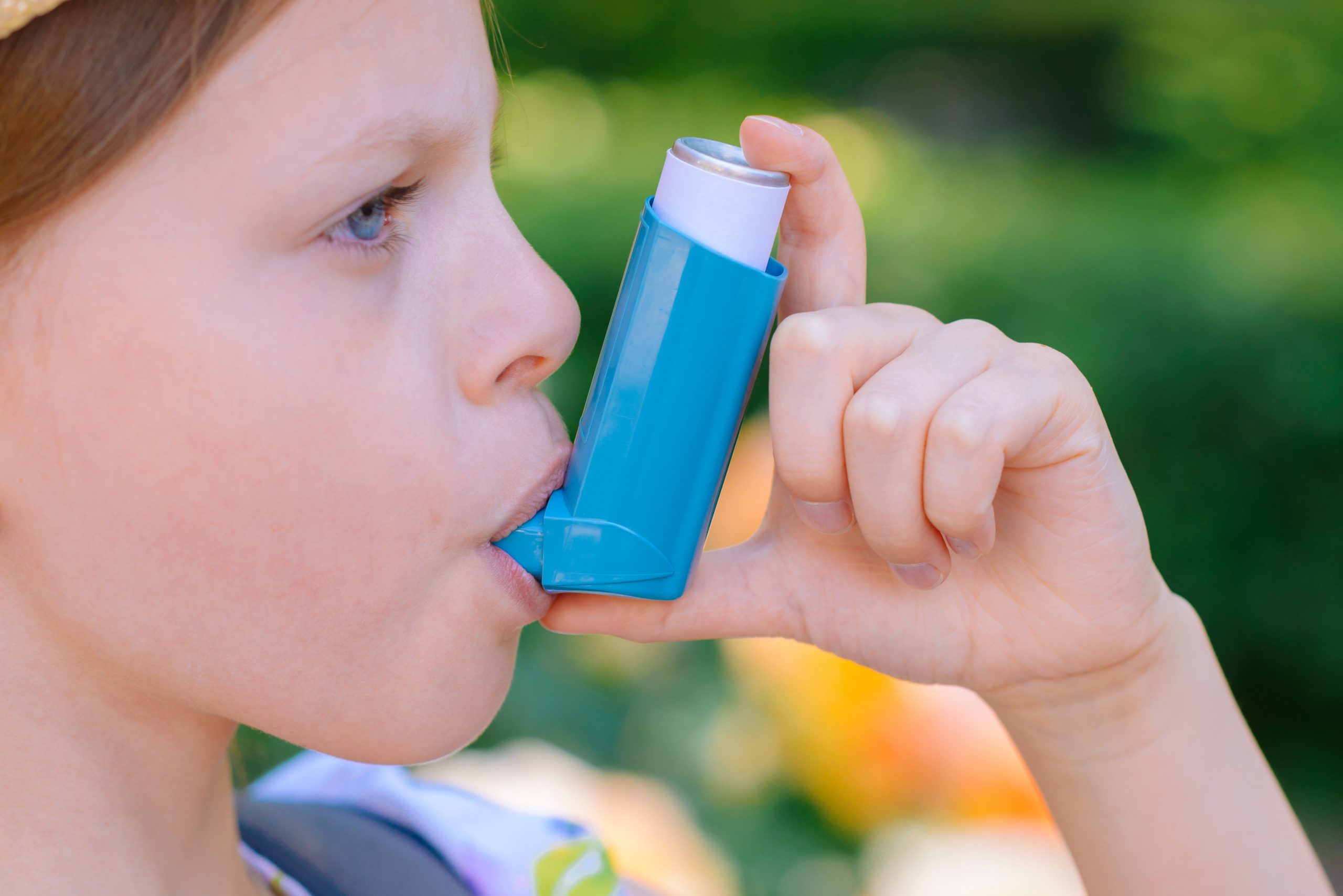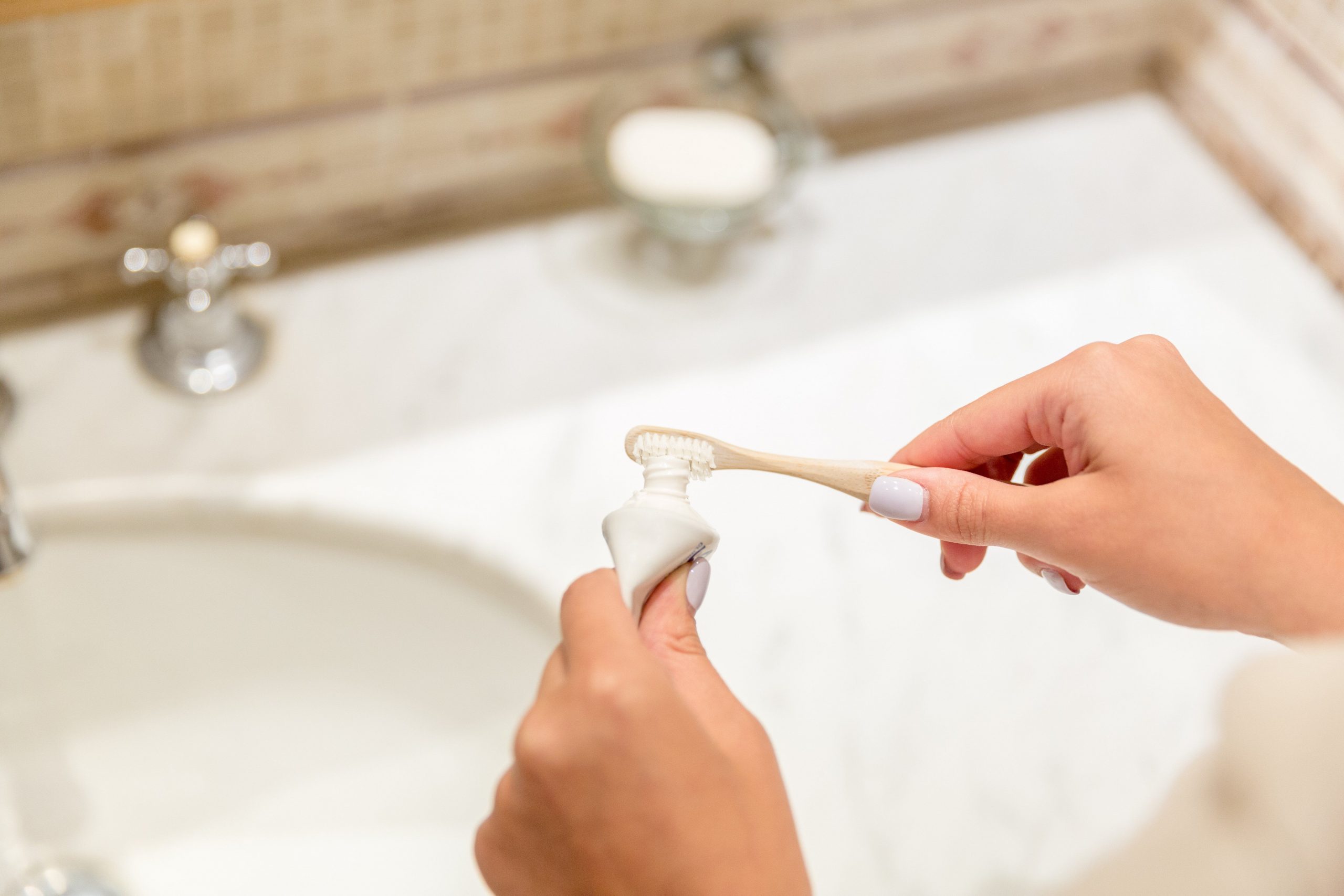
WEDNESDAY, July 19, 2023 (American Heart Association News) — After a night of partying, 29-year-old Bethany Moeddel felt nauseous and had a headache. A hangover, she figured. She couldn’t sleep it off, though, because it was a big day. Her boyfriend’s younger brother was receiving his first communion. Moeddel made it to the church near… read on > read on >


















